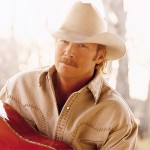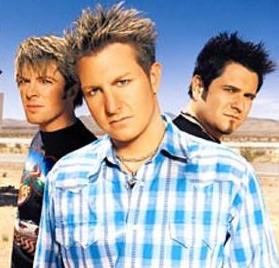
SHeDaisy








Four Ways that 9/11 Changed Country Music
 The terrorist attacks on American soil ten years ago changed the course of our nation’s history in far more significant ways than just its impact on country music.
The terrorist attacks on American soil ten years ago changed the course of our nation’s history in far more significant ways than just its impact on country music.
But the fact is that country music was changed as well. Here are the four biggest ways that it did, for better and for worse.
1. Alan Jackson Becomes a Legend
He was still getting solid radio airplay and record sales in 2001, but it seemed like his glory days were behind him. Then, he stepped on to the CMA Awards stage and debuted “Where Were You (When the World Stopped Turning)” to a stunned industry crowd on national television.

The 30 Day Song Challenge: Day 7
A Song That Reminds You of a Certain Event.
The staff picks are:
Tara Seetharam: “I Will…But” – SHeDaisy
My freshmen girls choir performed this song at our high school spring show ten years ago. The photos of me in a tacky red bandana halter top are painful, but the memories of my first taste of high school choir are precious.

100 Greatest Men: #99. Rascal Flatts
 In the modern era of country music, you have to move a lot of units to be considered a legitimate superstar. The first act to do so on a regular basis was Alabama, who had eight consecutive multi-platinum albums in a row in the first half of the eighties.
In the modern era of country music, you have to move a lot of units to be considered a legitimate superstar. The first act to do so on a regular basis was Alabama, who had eight consecutive multi-platinum albums in a row in the first half of the eighties.
Since then, there have been a multitude of country artists who’ve accomplished the same feat, but despite the fact that it was a band that broke down the barrier, only one male band since Alabama has achieved similar success: Rascal Flatts.
Family connections helped this power trio get their start. Lead singer Gary LeVox and his cousin, Jay DeMarcus, each had a desire to be country musicians, but it was DeMarcus who went to Nashville first. After a stint in Christian band East Meets West, DeMarcus convinced LeVox to join him in Nashville.

